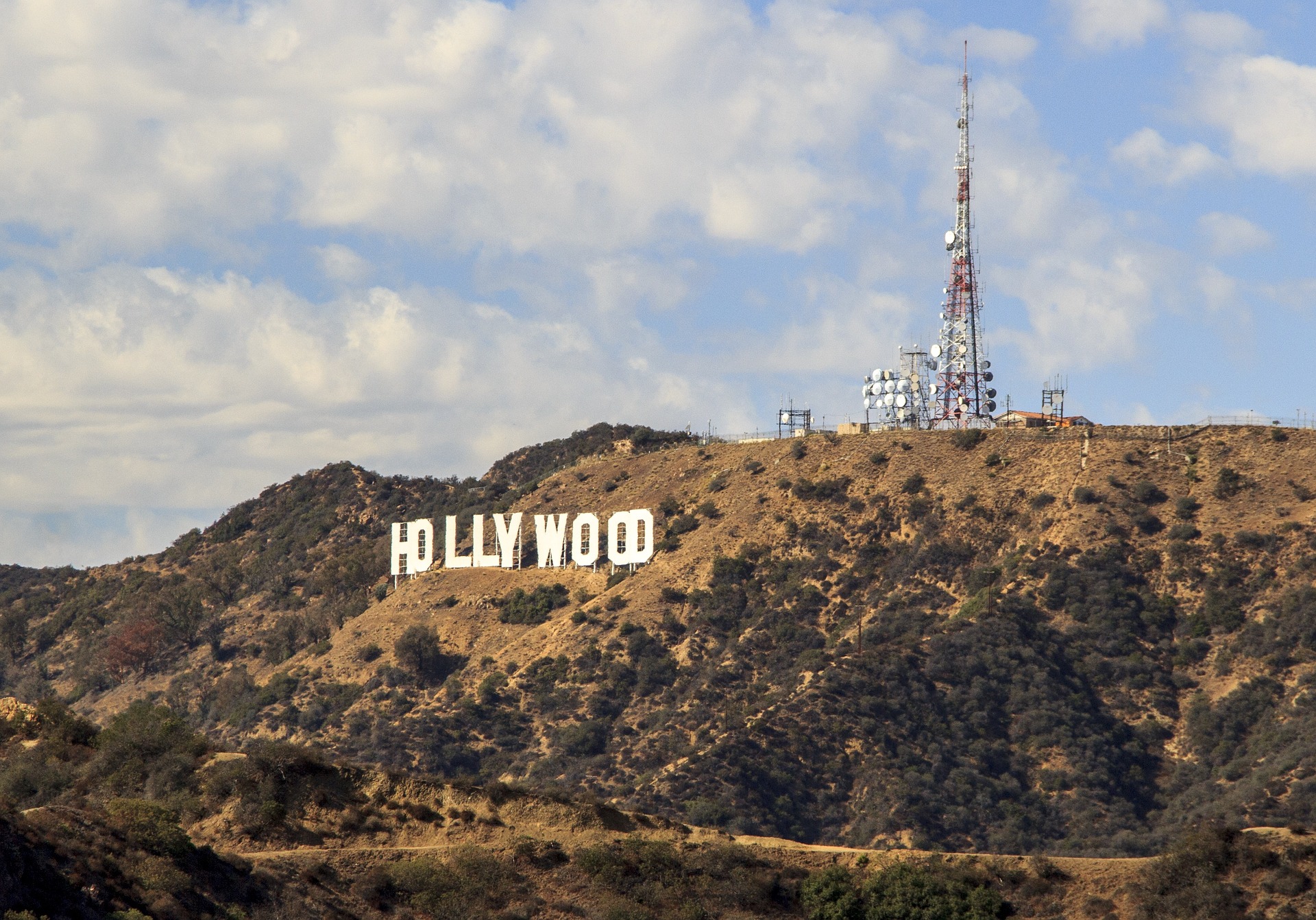- History

In early-20th-century Vienna, Schoenberg’s music was constantly provoking scandals. The most famous was a performance of his First Chamber Symphony during which audience members literally came to blows.
Those were the days! Now we cringe if people clap in the wrong place at a concert. In Vienna just after the turn of the century, you were glad to come away unscathed – at least when Schoenberg was on the programme.
Around 1907, performances of his works began to degenerate into free-for-alls, among them the premiere on 8 February that year of his Chamber Symphony No. 1. People chattered and sniggered, hissed and stamped their feet; a portion of the audience stormed out of the hall, with one concertgoer making a point of using the emergency exit. By contrast, Court Opera director Gustav Mahler – his wife Alma recalled this – stood “at the front of his box and applauded until the last agitators had left the hall”.
When Schoenberg conducted the Chamber Symphony six years later, on 31 March 1913, in the “Golden Hall” of the Vienna Musikverein, the situation escalated. Hissing and gales of laughter drowned out the music; students whistled; and fisticuffs broke out in the gallery. Alban Berg’s Altenberg Lieder, which came next on the programme, had to be halted, while Gustav Mahler’s Kindertotenlieder was never heard at all. Anton Webern loudly demanded that the rabble be thrown out. From the stalls came the response: the Schoenberg clique belonged in the lunatic asylum.
When an audience member derided Erhard Buschbeck, head of Vienna’s Academic Association for Literature and Music, the concert presenters, as a “Lausbube” (“scoundrel”), Buschbeck leapt into the crowd and gave the man a slap in the face. They would see each other again in court. Schoenberg ought not to have been surprised. In 1909 he had declared: “The public and critics nowadays have taken leave of their artistic senses to the point that their assessments can no longer be trusted.” His friends took a gently sarcastic view of the performance, which became notorious as the “Slap-in-the-Face Concert”: “Another lovely, memorable evening.”

Schoenberg revealed
Arnold Schoenberg was one of the most important composers of the 20th century. In addition to his work as a composer, Schoenberg was also a painter, an inventor and a theoretician.

Arnold Schoenberg in exile
In the 1940s, composers, writers, visual artists and other intellectuals who had fled the Nazis gathered in Los Angeles.

Gustav and Alma Mahler
Should she really accept his offer of marriage? At twenty-two, Alma was an extraordinarily beautiful and charismatic woman. Mahler was a social climber from the provinces.